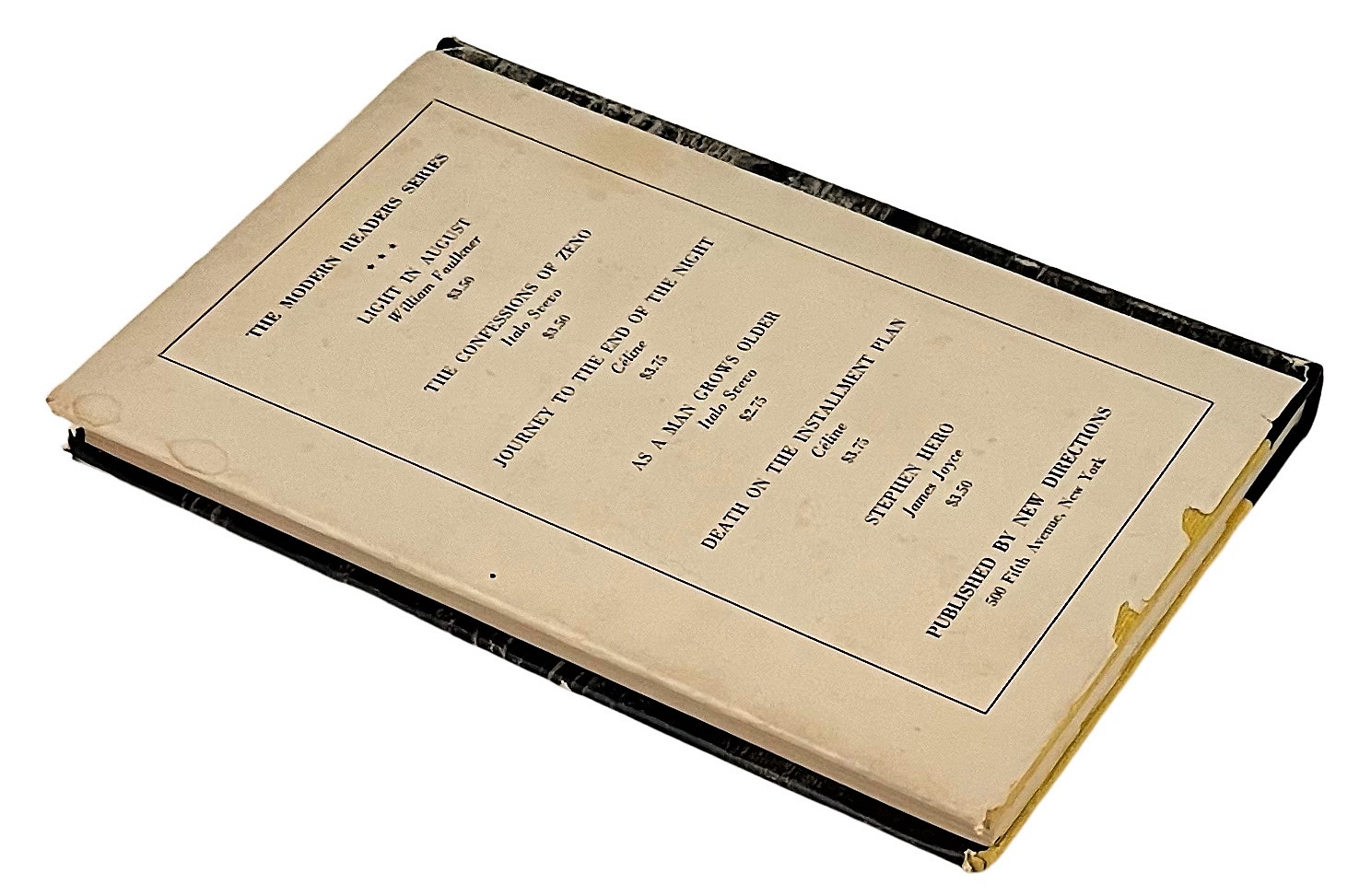

Much of Williams' most acclaimed work has been adapted for the cinema. His drama A Streetcar Named Desire is often numbered on short lists of the finest American plays of the 20th century, alongside Eugene O'Neill's Long Day's Journey into Night and Arthur Miller's Death of a Salesman. With his later work, he attempted a new style that did not appeal to audiences. It was the first of a string of successes, including A Streetcar Named Desire (1947), Cat on a Hot Tin Roof (1955), Sweet Bird of Youth (1959), and The Night of the Iguana (1961).

This play closely reflected his own unhappy family background.

Louis, Missouri, after years of obscurity, at age 33 he became famous with the success of The Glass Menagerie (1944) in New York City. He moved to New Orleans in 1939 and changed his name to "Tennessee," the state of his father's birth. Thomas Lanier Williams III, better known by the nickname Tennessee Williams, was a major American playwright of the twentieth century who received many of the top theatrical awards for his work. Williams's views on the role of the little theater in American culture are contained in a stimulating essay, "Something wild.," which serves as an introduction to this collection. He can compress the basic meaning of life―its pathos or its tragedy, its bravery or the quality of its love―into one small scene or a few moments of dialogue.

Whether Williams is writing of derelict roomers in a New Orleans boarding house ( The Lady of Larkspur Lotion ) or the memories of a venerable traveling salesman ( The Last of My Solid Gold Watches ) or of delinquent children ( This Property is Condemned ), his insight into human nature is that of the poet. Only one of these plays ( The Purification ) is written in verse, but in all of them the approach to character is by way of poetic revelation. They are full of the perception of life as it is, and the passion for life as it ought to be, which have made The Glass Menagerie and A Streetcar Named Desire classics of the American theater. The thirteen one-act plays collected in this volume include some of Tennessee Williams's finest and most powerful work.


 0 kommentar(er)
0 kommentar(er)
